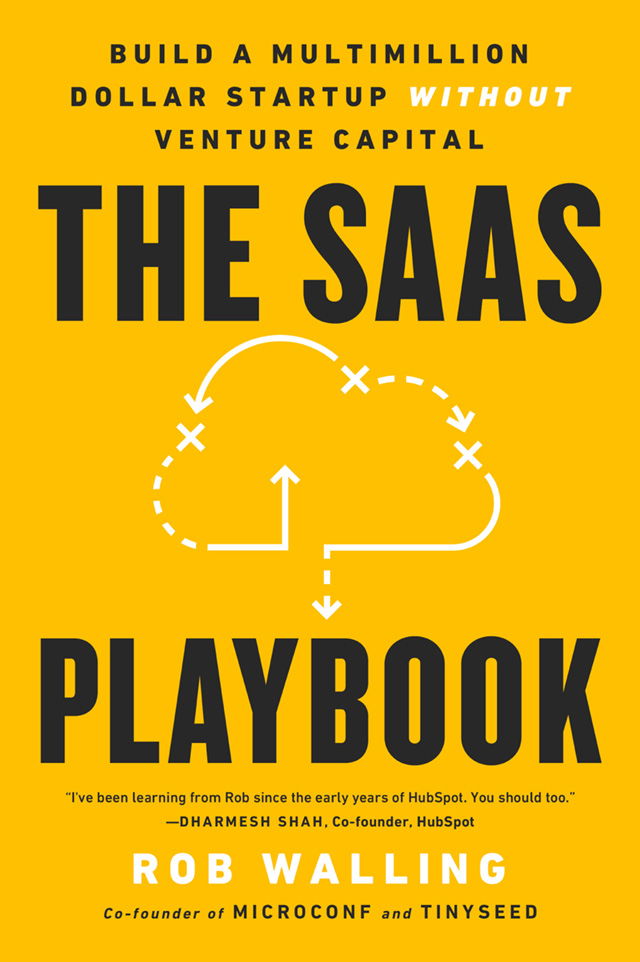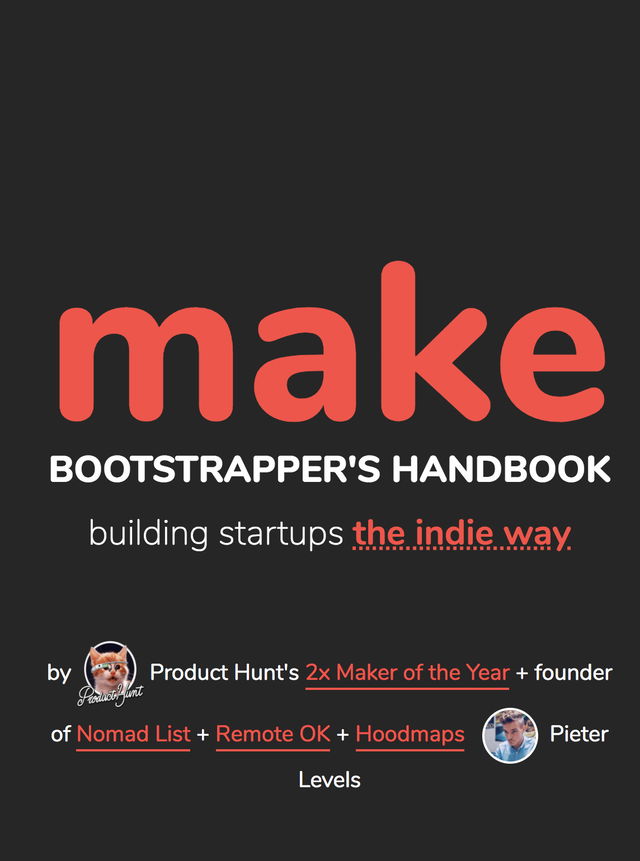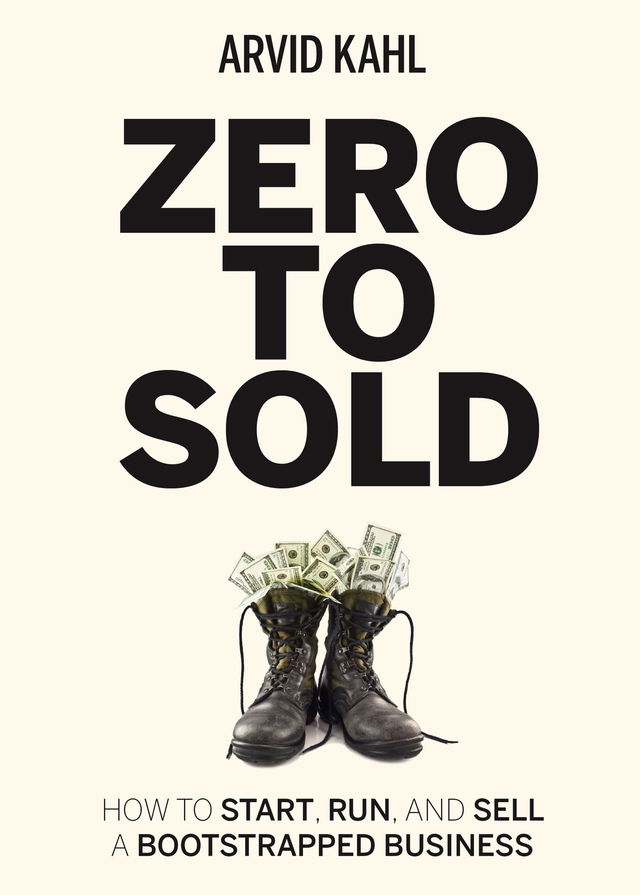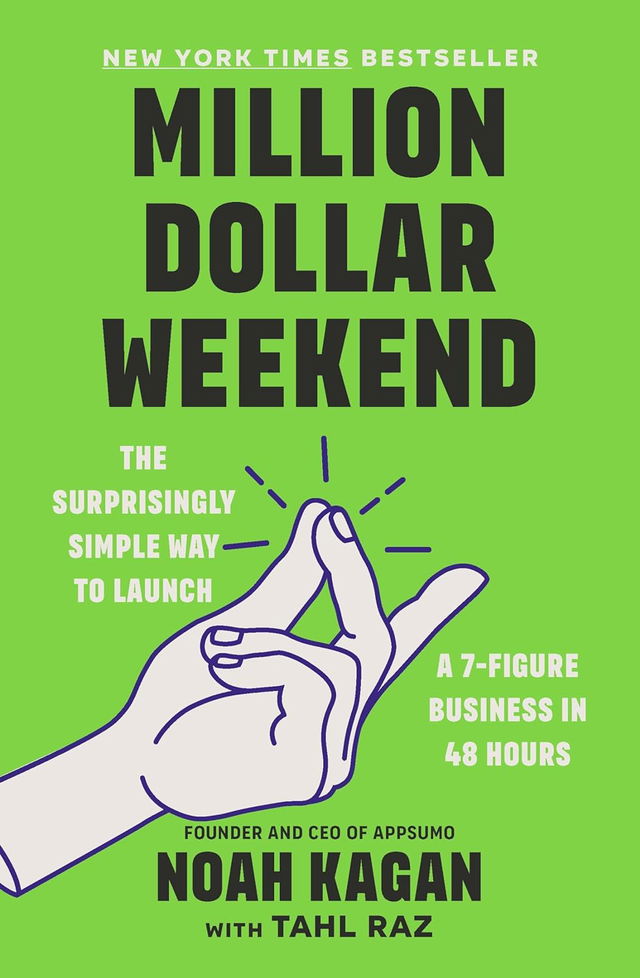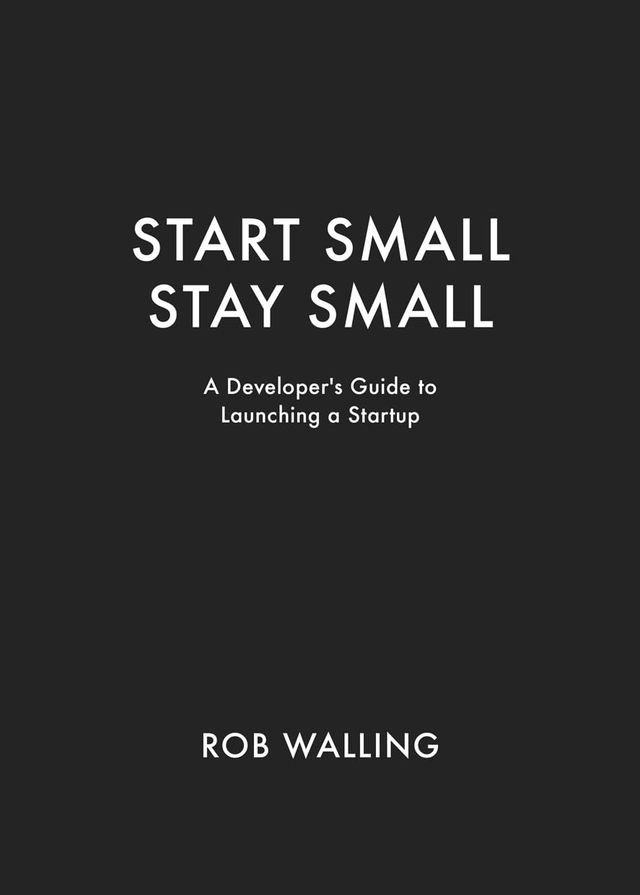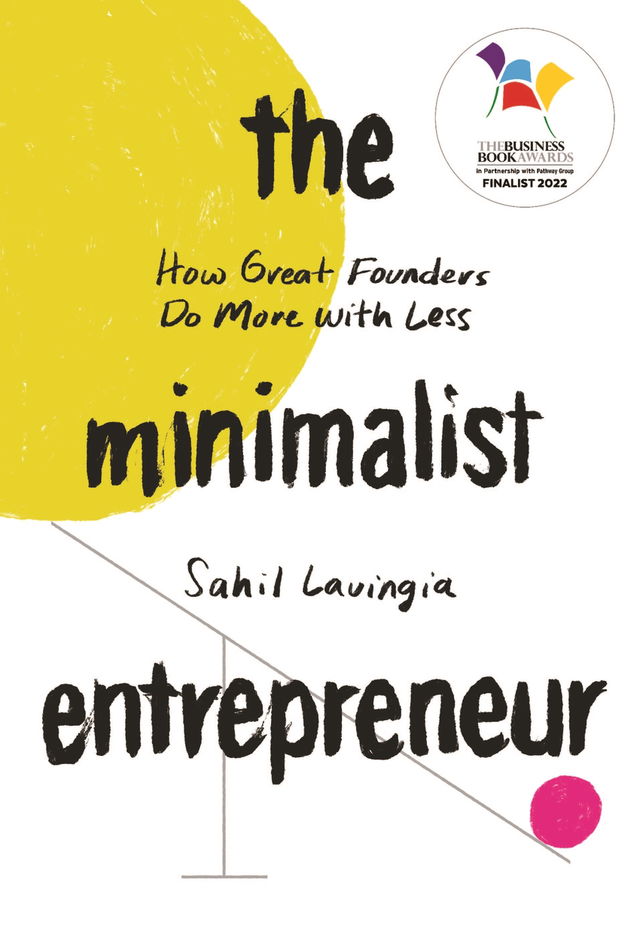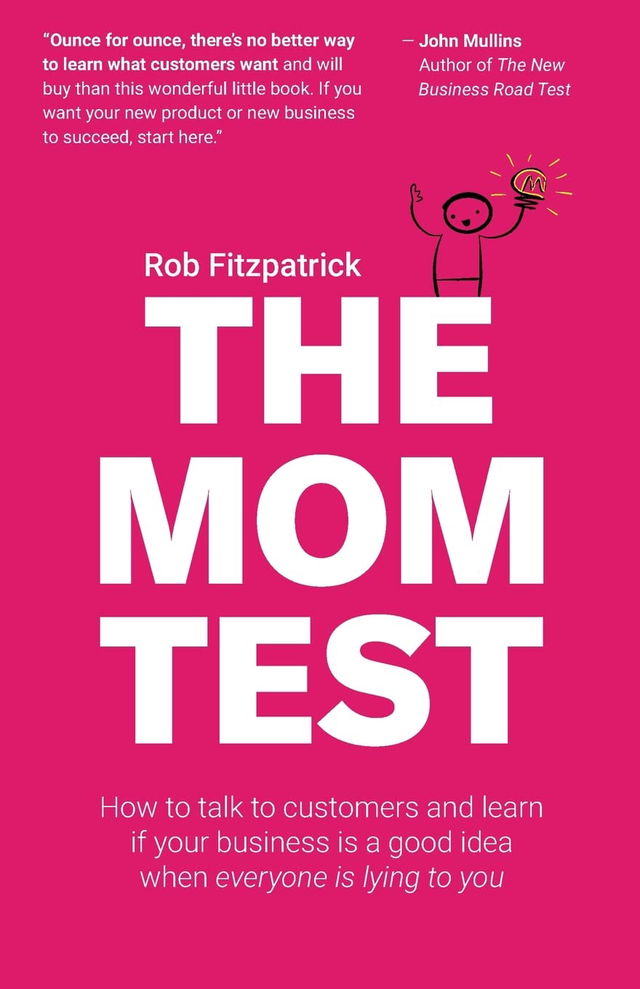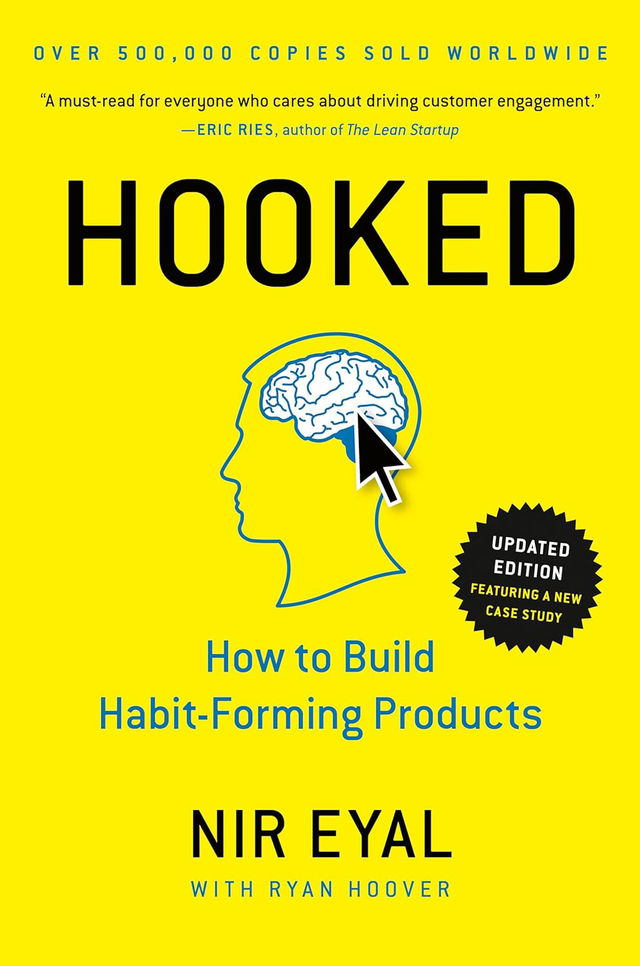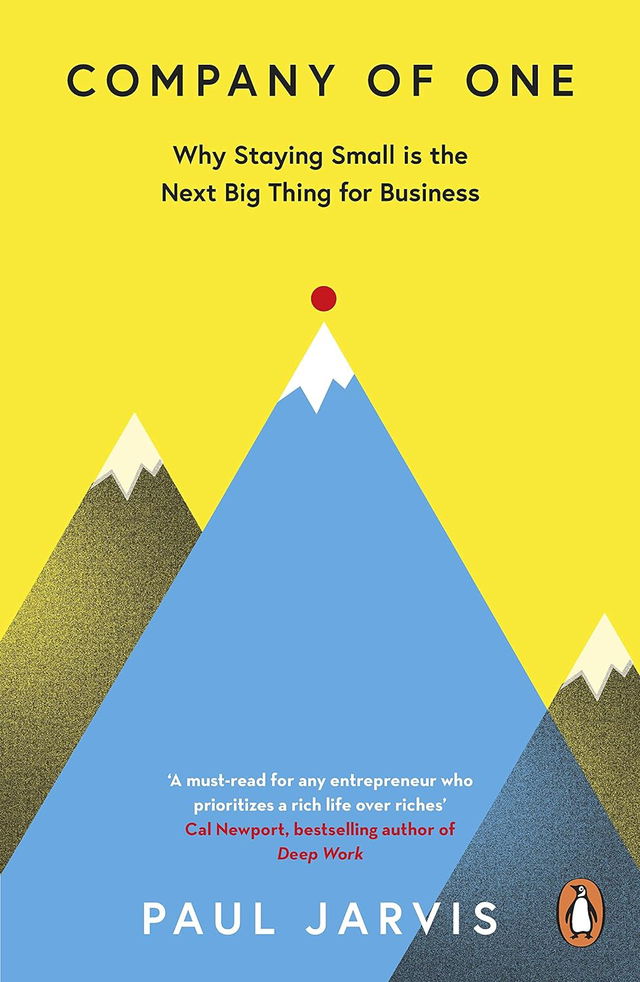Do you want to build a software product that people want and are willing to pay for? Do you dream of growing the kind of company that employs smart, creative people? Are you tired of waiting for investors to fund your startup?
You don’t need venture funding, and you don’t need permission.
With nearly two decades of experience as a serial entrepreneur, author, and investor, Rob Walling is one of the world's leading experts in SaaS. In this book, he shares little-known strategies that have been battle-tested by some of today's most successful founders.
Learn how to compete against large competitors and structure your pricing for maximum growth. Discover the four SaaS Cheat Codes that can dramatically accelerate your business's success. Learn how to avoid common mistakes that SaaS founders make and identify the right marketing approaches for your business.
In this book, you’ll find:
- Questions and processes to take you from product-market fit to scale.
- New ways to compete and differentiate yourself in crowded marketplaces, and how to react when someone copies you.
- Pricing tactics, and the pitfalls to avoid.
- Real examples from software companies that are operating today.
- Whether you're a seasoned software developer, a no-code enthusiast, or you’ve never written code in your life, this book will walk you through the most actionable tactics to bootstrap a multimillion-dollar SaaS business.
